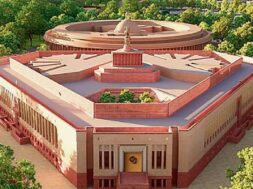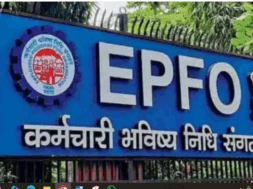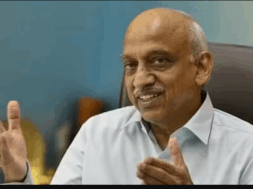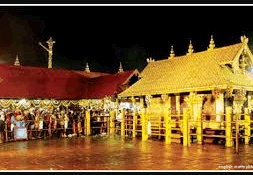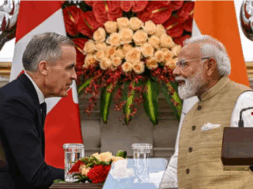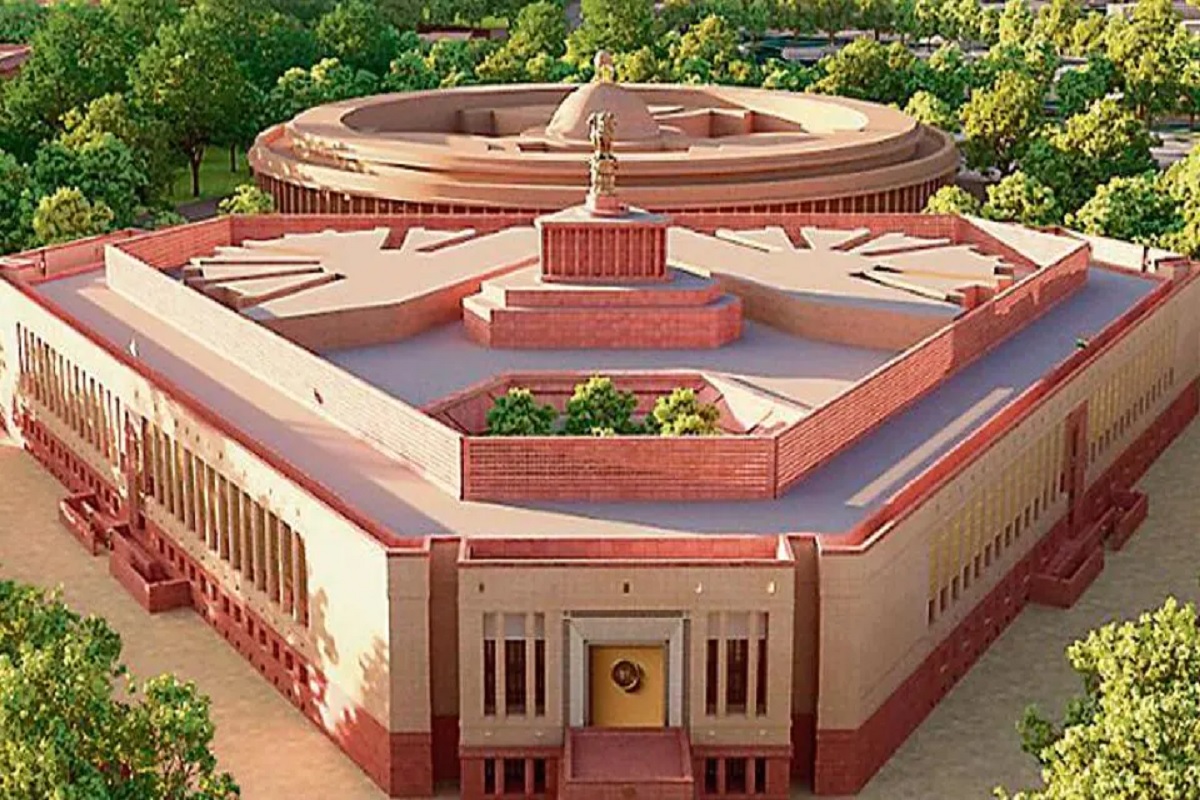
Manas Dasgupta
NEW DELHI, Sept 19: The first official work taken up in the new Parliament building by the Narendra Modi government to introduce the “Nari Shakti Vandan Adhiniyam,” a bill to amend the constitution to ensure 33 per cent seat reservations in the Lok Sabha and state Assemblies for women, reviving a measure pending for 27 years for want of consensus among parties.
Making it the first bill to be introduced in the new Parliament building, the government said it would enable greater participation of women in policy-making at the state and national levels and help achieve the goal of making India a developed country by 2047.
The Prime Minister Narendra Modi announced the bill in his opening speech in the new Parliament. In a swipe at the Congress without naming the party, he said, “Parliament has tried (to pass the bill) in the past too… there have been discussions around women’s reservations for years. Can say with pride we have scripted history.”
In a historic shift, the Indian parliament shifted to the new building on Delhi’s Central Vista on the auspicious Ganesh Chaturthi day on Tuesday, marking the end of an era. The old British-era building, where the Constituent Assembly met to frame the Constitution, will now be known as “Samvidhan Sadan.”
With several parties pushing for reservation of women in Lok Sabha and State Assemblies, the bill is likely to see a smooth passage this time, unlike the earlier instances when several regional parties had opposed it. However, its implementation may still take some time and is unlikely to be in force for the next Lok Sabha elections in 2024 as the reservation will come into effect only after a delimitation exercise is completed.
Speaking in Lok Sabha, Mr Modi said the Union Cabinet approved the bill on Monday and that the government wants more and more women to join the development process of the country. The world has recognised the women-led development process in the country and is witnessing contribution made by Indian women in different aspects of life from sports to startups, the prime minister said.
The government said women participate substantively in panchayats and at municipal bodies, but their representation in State Assemblies, Parliament is still limited.
The bill has proposed that the reservation would continue for a period of 15 years and there will be quota for SC/STs within the reserved seats for women. Seats reserved for women will be rotated after each delimitation exercise, according to the bill. The Constitution (One Hundred and Twenty Eighth Amendment) Bill, 2023, was listed for introduction in the Lower House through a supplementary list of business.
There have been several efforts to introduce women’s reservation bill in the Lok Sabha and State Legislative Assemblies since 1996. The last such attempt was made in 2010, when the Rajya Sabha had passed a Bill for women’s reservation, but the same could not be passed in the Lok Sabha. Data shows that women MPs account for nearly 15% of Lok Sabha strength while their representation is below 10% in many State Assemblies.
However, the women’s quota may be implemented for the Parliamentary elections only in 2029 only after the first delimitation of constituencies after the bill becomes law. Constituencies will be redrawn only after the next Census, which is likely in 2027.
Article 82 of the Constitution, as amended in 2002, says the delimitation process can be carried out based on the first Census taken after 2026. Originally, the first Census after 2026 was to be carried out in 2031, which would be followed by delimitation. The Census was meant to be held last in 2021, but was delayed because of Covid, so the next count might be in 2027.
To enable the redrawing of constituencies sooner, Article 82 has to be amended. However, southern states are against the immediate delimitation process. The women’s quota bill will be in force for 15 years after becoming an Act, but its term can be extended.
The six-page bill says a third of seats in Lok Sabha and assemblies will be reserved for women and filled by direct election. Also, the quota will not apply to Rajya Sabha or state Legislative Councils. Within the quota, a third of the seats will be for Scheduled Castes and Scheduled Tribes.
The bill does not include reservation for OBCs (Other Backward Classes), as such a provision does not exist for the legislature. This was the demand over which parties like the Samajwadi Party and Rashtriya Janata Dal (RJD) opposed the women’s quota bill for decades.
The bill is similar to the Women’s Reservation Bill drafted in 2010 when the Manmohan Singh-led Congress government was in power. Only, two amendments to bring in quota for the Anglo-Indian community have been dropped in the new version.
Effectively, the new bill is an enabling provision, a step forward, but a separate bill and notification will be needed for the delimitation Act. “Subject to the provisions of articles 239A, 330A, and 332A, seats reserved for women in the House of the People, the Legislative Assembly of a State, and the Legislative Assembly of the National Capital Territory of Delhi shall continue till such date as the Parliament may by law determine,” the bill says.
The debate on the bill triggered a huge war of words between Congress chief Mallikarjun Kharge and Union minister Nirmala Sitharaman. Speaking in the new parliament, Mr Kharge alleged that the reservation will only be manipulated by political parties to choose uneducated voiceless women who are unequipped for the task. Ms Sitharaman, one of the most vocal parliamentarians of the BJP, vehemently objected to Mr Kharge making “sweeping statements.”
“Literacy rate of women from Scheduled Castes is less and that is why political parties have a habit of choosing weak women. They never choose those who are educated and can fight,” said Mr Kharge, who is also the Leader of the Opposition in the Rajya Sabha.
“We respect the leader of the Opposition but to make a sweeping statement that all parties choose women who are not effective is absolutely unacceptable. We all have been empowered by our party, by our Prime Minister. President Droupadi Murmu is an empowered woman. Every MP of our party is an empowered woman,” said Nirmala Sitharaman. Such sweeping statements, she added, might apply to Congress even though it had women presidents. “But I object to him making a sweeping generalisation of all parties,” she added.
“Women who are from backward classes. Scheduled Castes, do not have the opportunities which she had,” shot back Mr Kharge.
Earlier, the two leaders had clashed over the Goods and Services Tax, with Mr Kharge alleging that the states are not receiving their share of revenue and there was a “weakening” of federalism. Ms Sitharaman had roundly objected, insisting not a single rupee is owed to any state. Both leaders have been asked to give their statements in writing by the end of the day by Rajya Sabha chairman Jagdeep Dhankhar.
Arvind Kejriwal’s Aam Aadmi Party has also objected to the women’s reservation bill, which has been pending for years. Delhi minister Atishi called it a bill to fool women ahead of the 2024 elections. The BJP, she said, is not interested in the well-being and welfare of women. “A closer reading of the provisions of the bill shows that it is ‘Mahila Bewakoof Banao’ bill,” she said.
The Congress’ parliamentary party chief Sonia Gandhi, however, has said the women’s reservation bill “is ours.” The Congress said it welcomed the move as the party has been raising the demand for long. Asked about the bill when she was entering Parliament on Tuesday, Mrs Gandhi said, “It is ours, apna hai.” In a post on ‘X’ a day back, Congress general secretary Jairam Ramesh said, “We welcome the reported decision of the Union Cabinet and await the details of the Bill.” “This could have very well been discussed in the all-party meeting before the Special Session, and consensus could have been built instead of operating under a veil of secrecy,” he said.
Senior Congress leader P Chidambaram said if the government introduces the women’s reservation bill on Tuesday, it will be a “victory for the Congress and its allies in the UPA government.”
